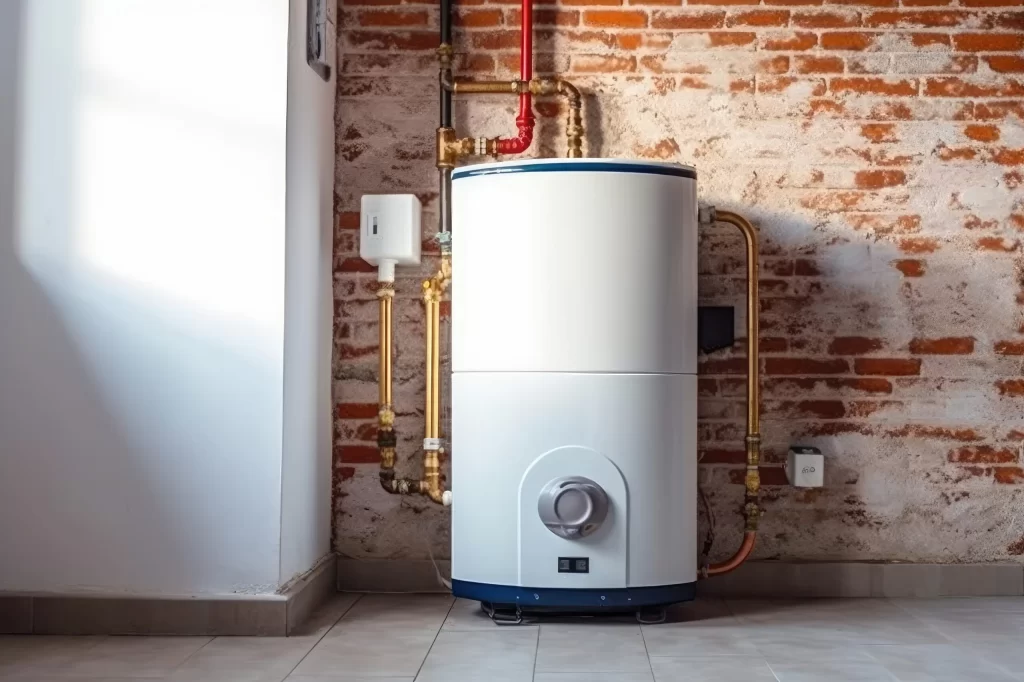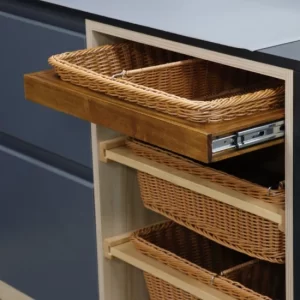Choosing the Right Water Heater for Your Home

Choosing the right water heater is a big decision. It will impact your home’s comfort and long-term expenses, so it deserves your full attention.
You’ll need to consider a number of factors, including fuel type, tank or tankless design, capacity, energy efficiency and installation. A reputable plumber will help you navigate this process to ensure a smart choice.
Fuel Type
Water heaters can be powered by electricity or gas. The type of fuel used affects how long it takes for the heater to heat your water and can also affect your energy usage.
Electric water heaters are more environmentally friendly as they do not use fossil fuels to function. However, changing to an electric model could cost more upfront.
If you do decide to install an electric model, make sure the power company can provide the appropriate amount of electricity for your home. Gas water heaters are less environmentally friendly as they require natural gas that must be extracted from the Earth. This process releases carbon dioxide into the atmosphere. Gas models can also have combustion safety problems as they suck air into the house, which leads to carbon monoxide poisoning.
Tank or Tankless Design
As the third largest energy consumer in a typical home, water heaters are often one of the most expensive appliances to replace. That’s why comparing life-cycle costs is important when selecting a new water heater.
Tankless units use high-powered burners to quickly heat water on demand. They eliminate the standby energy loss that storage tank models suffer and save space in smaller homes. Homes that use 41 gallons or less of hot water daily enjoy energy efficiency improvements of up to 34% compared to tank models.
For Jenny’s 1984 townhome with two bathrooms, a tankless unit is the better choice. However, she needs a recirculation loop to ensure constant flow of hot water for the kids’ showers. This would require an additional cost and possibly void the manufacturer’s warranty.
Capacity
If you have a storage tank water heater, you must decide on the size that will best accommodate your household’s hot water demands. The first step is to figure out the peak hour demand by adding up your household’s hot water consumption for a day: laundry, dishes, showers and more.
A professional can help you determine the best capacity for your household based on your hot water usage and local energy rates. They can also help you install low-flow showerheads and other efficient appliances to reduce your demand.
Look for a water heater with an Energy Star rating and a high efficiency factor to minimize operating costs. If you live in a cold climate, an expert can also inspect and insulate your pipes to prevent freezing and bursting.
Energy Efficiency
Many homeowners wait to look for a new water heater until their old one fails. Unfortunately, this means they rush to purchase whatever is available and may end up with a model that doesn’t maximize energy efficiency.
Look for an ENERGY STAR® or EnergyGuide label, which will help you compare the efficiencies of different models. Also, select a unit with sealed combustion or power venting to separate combustion air from house air, so that the water heater doesn’t pollute your home with toxins like carbon monoxide.
In addition, make sure the water heater is properly sized for your household’s hot water demands to optimize energy efficiency and minimize standby losses. This will also reduce utility bills, and it can increase the lifespan of the unit by preventing overheating.
Installation
The water heater is the unsung hero of the modern home, operating behind the scenes to make countless everyday conveniences possible. When it’s time to replace an old model, a responsible homeowner knows that the right choice can have a big impact on comfort, energy efficiency, and monthly utility bills.
Fuel type, tank or tankless design, capacity, energy efficiency, and installation are all important factors to consider when buying a new water heater. With the help of a knowledgeable professional, you can select a unit that will serve your household for years to come.
Work with a professional when connecting the power wires to the water heater, and follow manufacturer instructions for venting the unit properly. Before working on any energized circuit, use a volt meter to check for electricity and verify that the unit is completely turned off.







